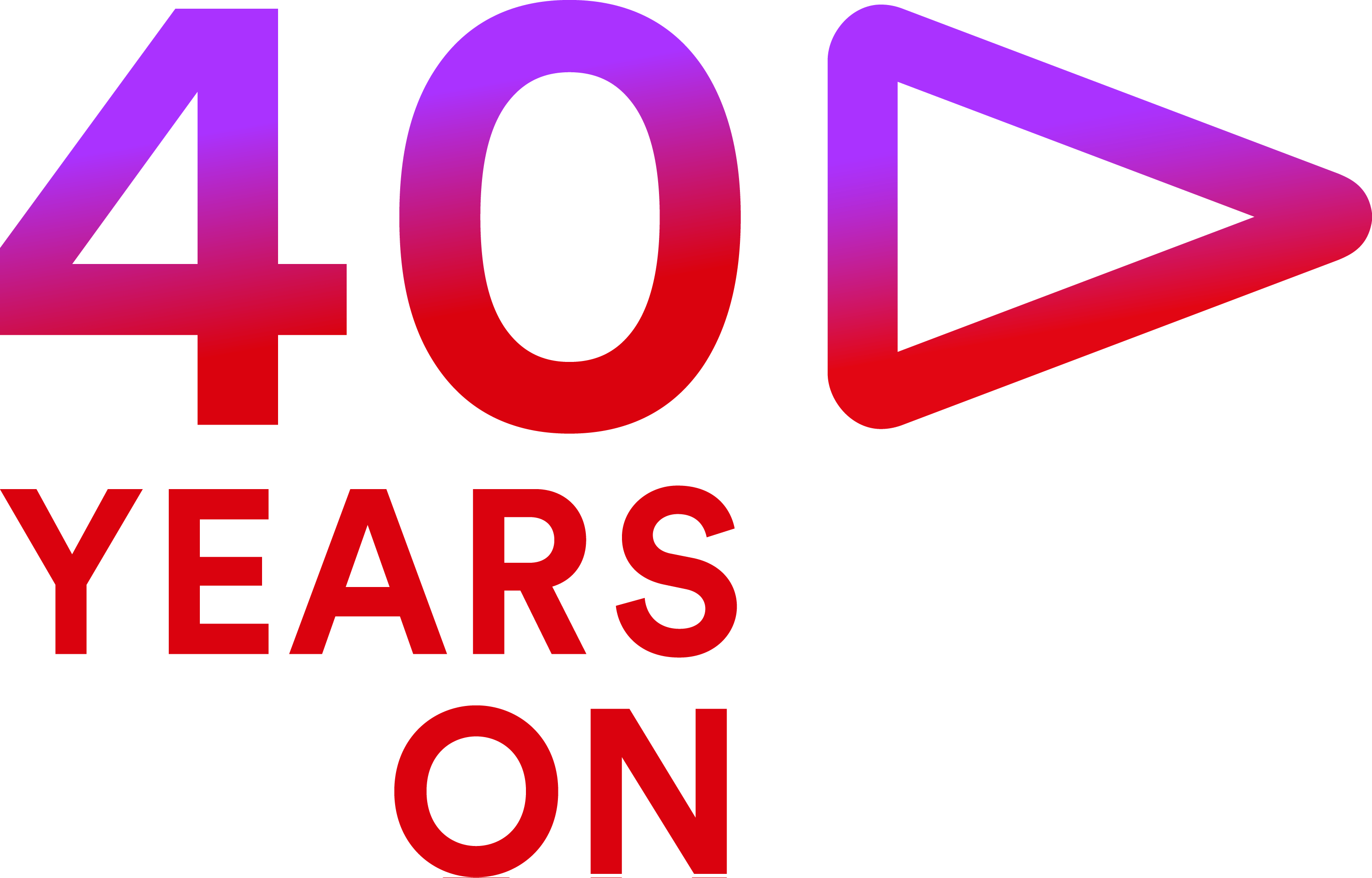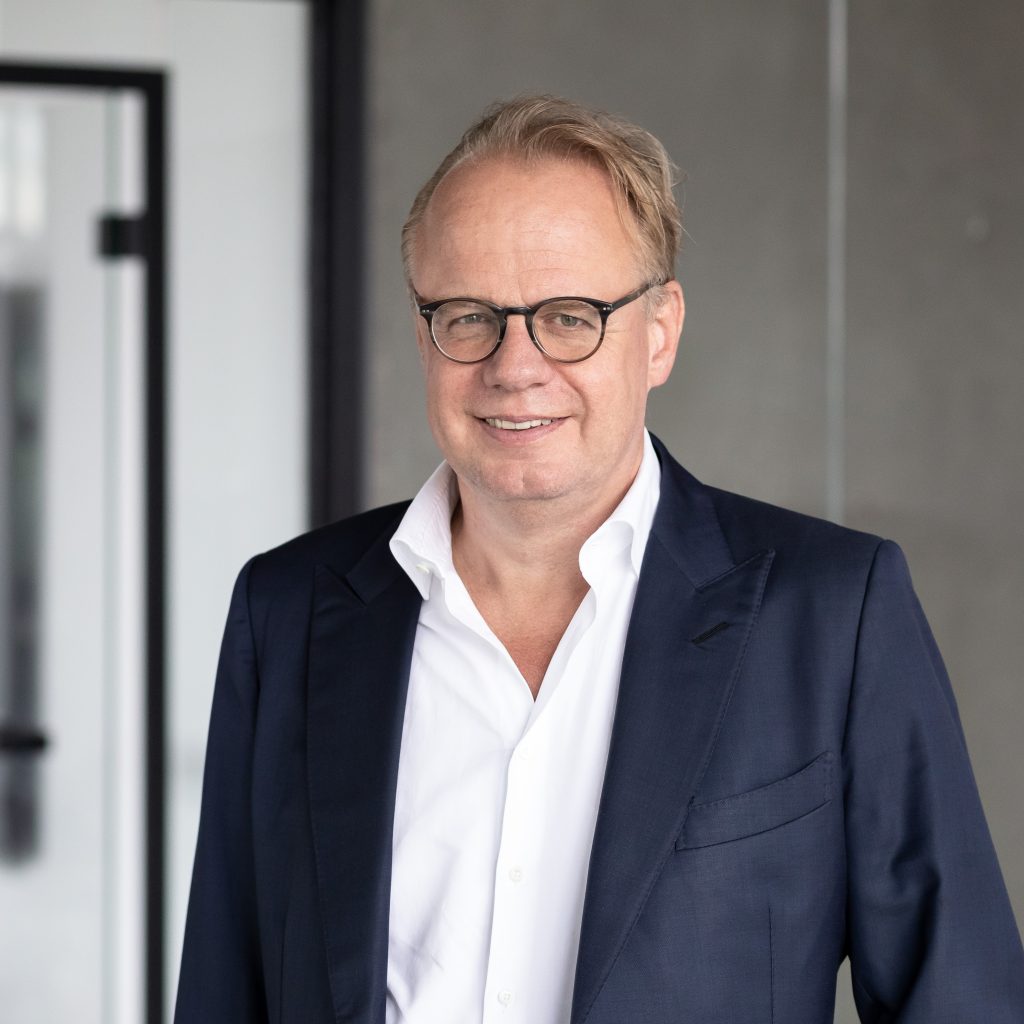Berlin/Frankfurt/Luxemburg, December 2, 2021 – Frequencies for broadcasting and culture in the 470 to 694 MHz range must be retained beyond 2030 - this was the result of a high-profile, internationally attended online conference of the German Alliance for Broadcasting and Cultural Frequencies.
Representatives from federal and state politics, broadcasting, culture and equipment manufacturers emphasized this requirement in light of the current preparations for the World Radiocommunication Conference in 2023 and an upcoming EU recommendation next year.
The future German government itself had previously put an exclamation mark on the issue: In its coalition agreement, it formulated the clear goal of securing the UHF-band „permanently for culture and broadcasting.“ Member of the German Bundestag Thomas Hacker (liberal party, FDP) underlined this political commitment and his conviction that the frequencies concerned are a vital prerequisite for securing and further developing the culture and broadcasting sector in Germany. Rhineland-Palatinate’s State Secretary Heike Raab (social-democratic party, SPD), coordinator of broadcasting affairs of the federal states, affirmed that the new federal government also has the support of the federal states in this important frequency policy issue.
Millions of people use the broadcasting services of public and private broadcasters every day. Broadcasters need the UHF-frequencies to be able to carry out the production of media content in a contemporary manner and offer it via a crisis-proof infrastructure. In addition, they require the prospect of being able to use the current broadcast spectrum in the future, e.g. for 5G broadcasting.
The significance of UHF-frequencies is also essential for cultural and event operations. Theaters, trade fairs and universities depend on interference-free use of the frequencies as well as on their joint and partnership-based use with broadcasting. Already today, there are often too few radio frequencies available for sovereign utilization by cultural operators. Reliable and worldwide access of wireless microphones to the cultural frequencies in the 470-694 MHz range is therefore indispensable.
The debate on broadcasting and cultural frequencies will now move to the EU level: in 2022, a decision will be made on the strategy for the future use of UHF frequencies at the European level, as well as on the preparation for the World Radiocommunication Conference in 2023. The new German government will therefore soon be positioning itself in terms of spectrum policy at European and international level. The German coalition agreement should point the way in this regard.
The Alliance for broadcasting and cultural frequencies
Members of the Alliance for Broadcasting and Cultural Frequencies are: ARD, Deutschlandradio, Media Broadcast, medienanstalten (Media Authorities), the SOS – Save Our Spectrum initiative, Sennheiser, VAUNET – German Media Association, ZDF and the German Electro and Digital Industry Association ZVEI. The alliance is committed to the long-term continuation of the use of the UHF-frequency band by broadcasting and wireless means of production.


